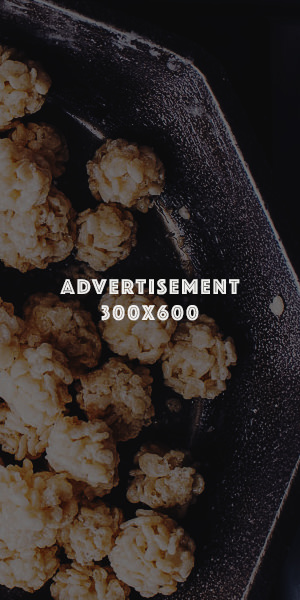Whatever be the season, whatever be the reason, the very thought of chocolate can make us lick our lips in eagerness.
This day gives us the excuse to indulge in our favorite chocolate, be it milk, hot, a candy bar, a cake, brownies or something layered in chocolate. The world loves chocolate for there’s nothing a chocolate can’t do. It can lift your senses, turn your frown around, fix a heartache and can possibly turn a sad day into a good one!
Whether you’re happy, sad, celebrating, want to gift something- chocolates are what most of us prefer!
Sweet History of Chocolate
Chocolate may be the “food of the gods,” but for most of its 4,000 year history, it was actually consumed as a bitter beverage rather than the sweet edible treat it is known as today. The creation of the first modern chocolate bar is credited to Joseph Fry, who in 1847 discovered that he could make a moldable chocolate paste by adding melted Cocoa butter back into Dutch Cocoa. By 1868, a little company called Cadbury was marketing boxes of chocolate candies in England.
Science Behind Chocolates
We all remember the epic line from Forrest Gump – “Life is like a box of chocolates! You never know what you’re gonna get.” However, for chocolatiers, this statement may suggest more than chocolate variety. At the microscopic level, there is more than what meets the eye when it comes to the chocolate we consume.
Chocolate has its own temper, considered a polymorph, which means it can take on different shapes when it solidifies from a liquid form. It gives you the meltdown, to get into the desired shape and flavor. There are various types of chocolate – dark, milk, white and ruby being the most recent.
These are made with varying proportions of chocolate liquor, cocoa solids, cocoa butter, milk and sugar. Cocoa is a source of flavonoids and alkaloids such as theobromine, phenethylamine and caffeine. These acts as stimulants to the central nervous system.
The Hormonal Connect
We crave chocolate because it is good! It tastes good, it smells good and it feels good when it melts in your mouth! And all of these ‘feelings’ arise because our brain releases chemicals in response to each chocolaty experience. The experience of eating chocolate results in feel-good neurotransmitters Dopamine.
Chocolate triggers the brain to release endorphins – hormones that cause your pulse to speed up and give you a pleasant high feeling, rather like being in love. Theobromine and Phenylethylamine in cocoa are also thought to affect levels of serotonin. This can boost your mood and ease depression.
Do leave your thoughts or your best chocolate moments in the comment section below!

